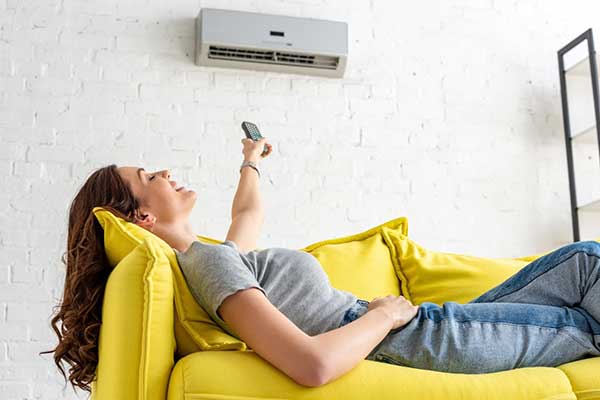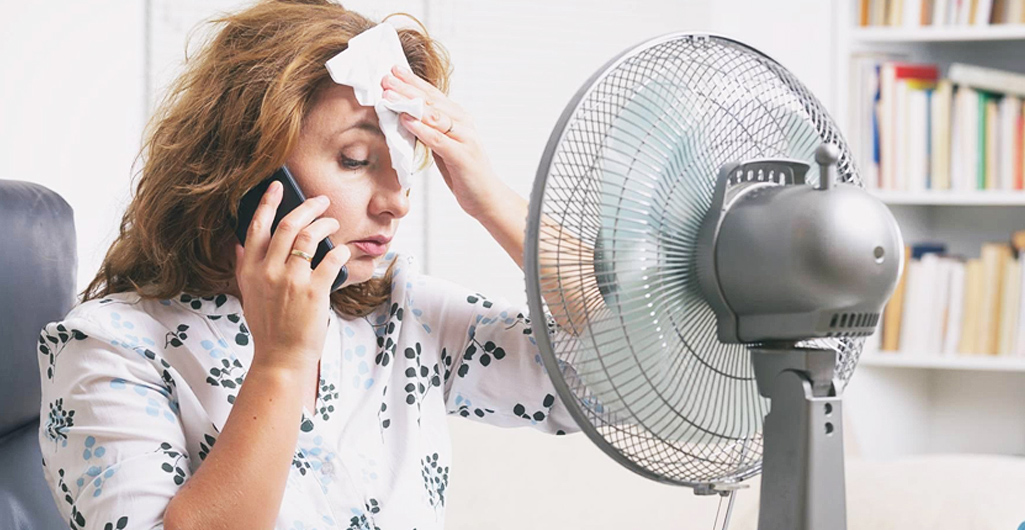
Should You Keep The A:C On All Day?
According to a group of building system engineers and architectural engineers who spoke to IFLScience, the answer comes down to just how energy intensive it is to cool down your house, aka removing the heat. The short answer? It’s usually better to turn off the A/C and turn it on when you get home, as this is more energy efficient than keeping the A/C on all day.
The reason behind this comes down to how heat accumulates. First, it flows into the house when the building has less stored heat than outside, and if the amount of heat that flows into your house has a rate of 1 unit per hour, then the A/C will have 1 unit of heat to remove each hour. However, if you turn it off and let the heat accumulate, you could have 8 hours of heat stored up at the end of the day.

A Lot Of People Leave Their A:C On All Day, Even When They’re Not Home
Sometimes it’s less than that since houses have a limit to how much heat can be stored in them, and it all depends on how hot the building started out as. If your house can store 5 units of thermal energy before reaching equilibrium with the outside temperature, then you’ll only have to remove 5 units of heat.
As your house heats up, the process of heat transfer stars to slow down and eventually reaches zero when equilibrium is reached. A/C works less efficiently with extreme heat, so if you keep it off during the hottest part of the day, you’ll save more energy overall and even increase overall efficiency of your system.
You also need to consider insulation, for example if your home is better insulated, energy savings could go down, since the air conditioning is working more efficiently or the climate has fewer temperature swings that vary dramatically.

It All Depends On Your House








